Jacquelyn Bolman

Dr. Jacquelyn Bolman is a native of the Great Plains (Lakota Oyate) and Black Hills of South Dakota. She earned her undergraduate, masters and doctoral degrees with a clear and distinct focus on Geosciences and Tribal Science at the University of South Dakota. Her university experiences changed the way in which she participated in the world ~ especially the natural world ~ strengthening her commitment to ensuring all people have access to and equity in higher education.
Since earning her doctorate in 1997, she has served as Dean at Presentation College providing leadership for undergraduates earning Allied Health Sciences degrees. She served as Director of Scientific Knowledge for Indian Learning and Leadership (SKILL) and Multicultural Affairs at South Dakota School of Mines and Technology. She was chosen as the first female to serve the South Dakota Space Grant Consortium as Manager of Special Projects. She provided leadership to NASA-funded “NativeConnections”, a multi-state effort to assist Tribes and communities in the Northern Great Plains and Rocky Mountain Region develop expertise in geospatial sciences with an emphasis on remote sensing of Tribal lands; and served as the Director of the Indian Natural Resource Science and Engineering Program (INRSEP) at Humboldt State University. INRSEP, the only program of its kind in California, is an academic and research program designed specifically to ensure American Indian, Alaska Native and Native Hawaiian students are successful in securing degrees in natural resources and STEM disciplines.
In March 2013, Dr. Bolman founded and currently serves as President of InterTribal Student Services (I.S.S.). I.S.S. is a Self-Determined Indian Organization to ensure American Indian and Indigenous students have the right and opportunity to conduct Tribal research in their ancestral homelands with a distinct focus on climate change, culturally relevant species, ethno-geology, ethno-astronomy and ethno-botany. I.S.S. works in authentic partnership with Tribal Nations across the United States and Central and South America with the inherent foundation of self-determination and sovereignty.
In each of the capacities, she has worked with K-12 and university students to develop and integrate programming promoting original research dedicated to the ideals of culture and returning to others the gift she received of astute mentoring.
Presentation title: “Looking Beyond Oneself: A Tribal Perspective on Climate Change”
Jahi Chappell
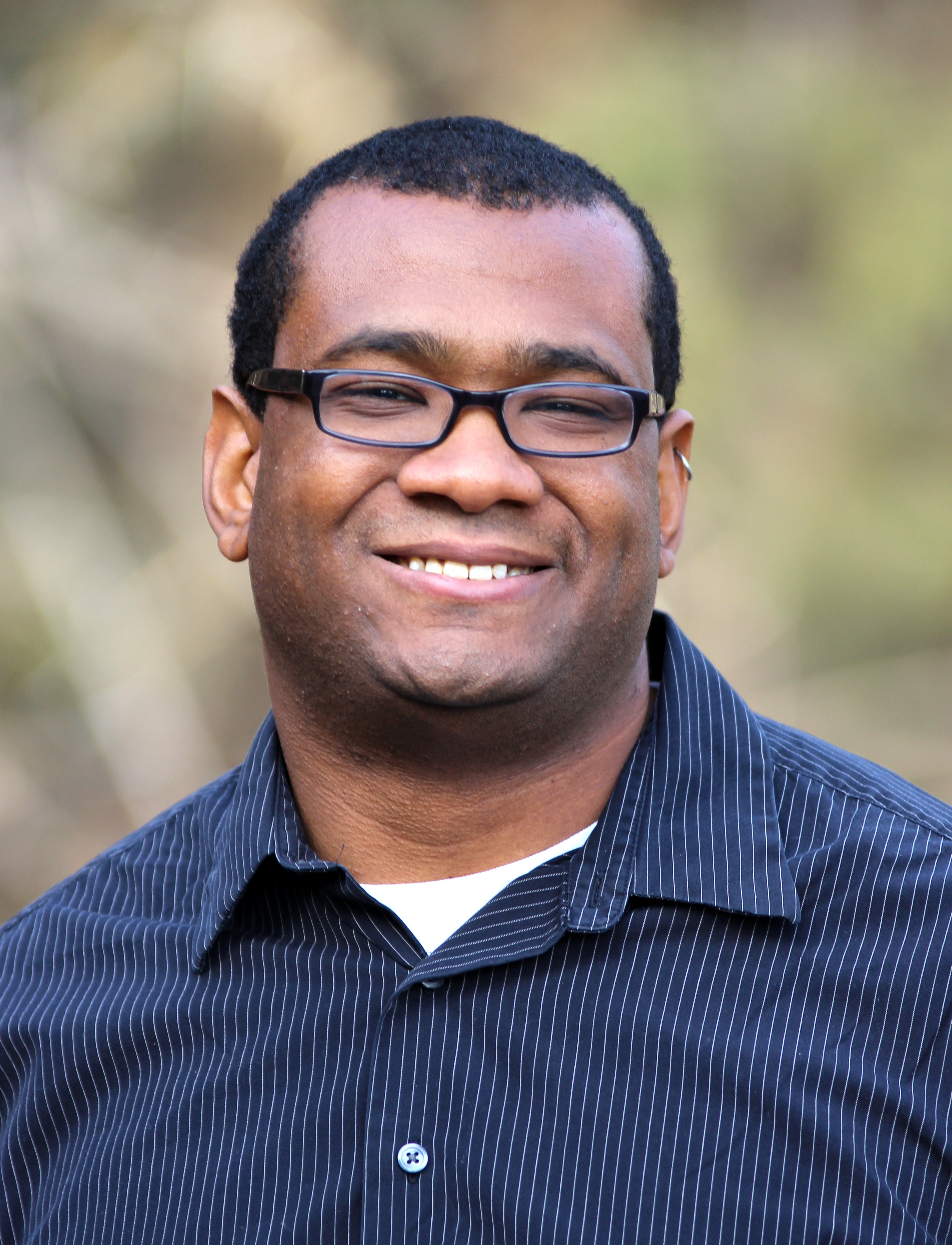
M. Jahi Chappell is trained as an agroecologist and political ecologist. As Director of Agroecology and Agriculture Policy at the Minneapolis-based Institute for Agriculture and Trade Policy, he leads IATP in analyzing and developing actions and policies to create a sustainable, decentralized, and deeply democratic food and agriculture system. Before coming to IATP, he was assistant professor of environmental science and justice at Washington State University. He has worked with and consulted for La Via Campesina, the City of Belo Horizonte (Brazil), the Food and Agriculture Organization (FAO), and the urban agriculture nonprofits Growing Hope (Ypsilanti, MI) and Growing Gardens (Portland, OR). He served as Chair of the Agroecology Section of the Ecological Society of America from 2012–14. He holds a Ph.D. in Ecology and Evolutionary Biology and a B.S.E. in Chemical Engineering, both from the University of Michigan.
Presentation title: “Eco-commensalism: Setting the table for what comes after capitalism”
Juan Cole
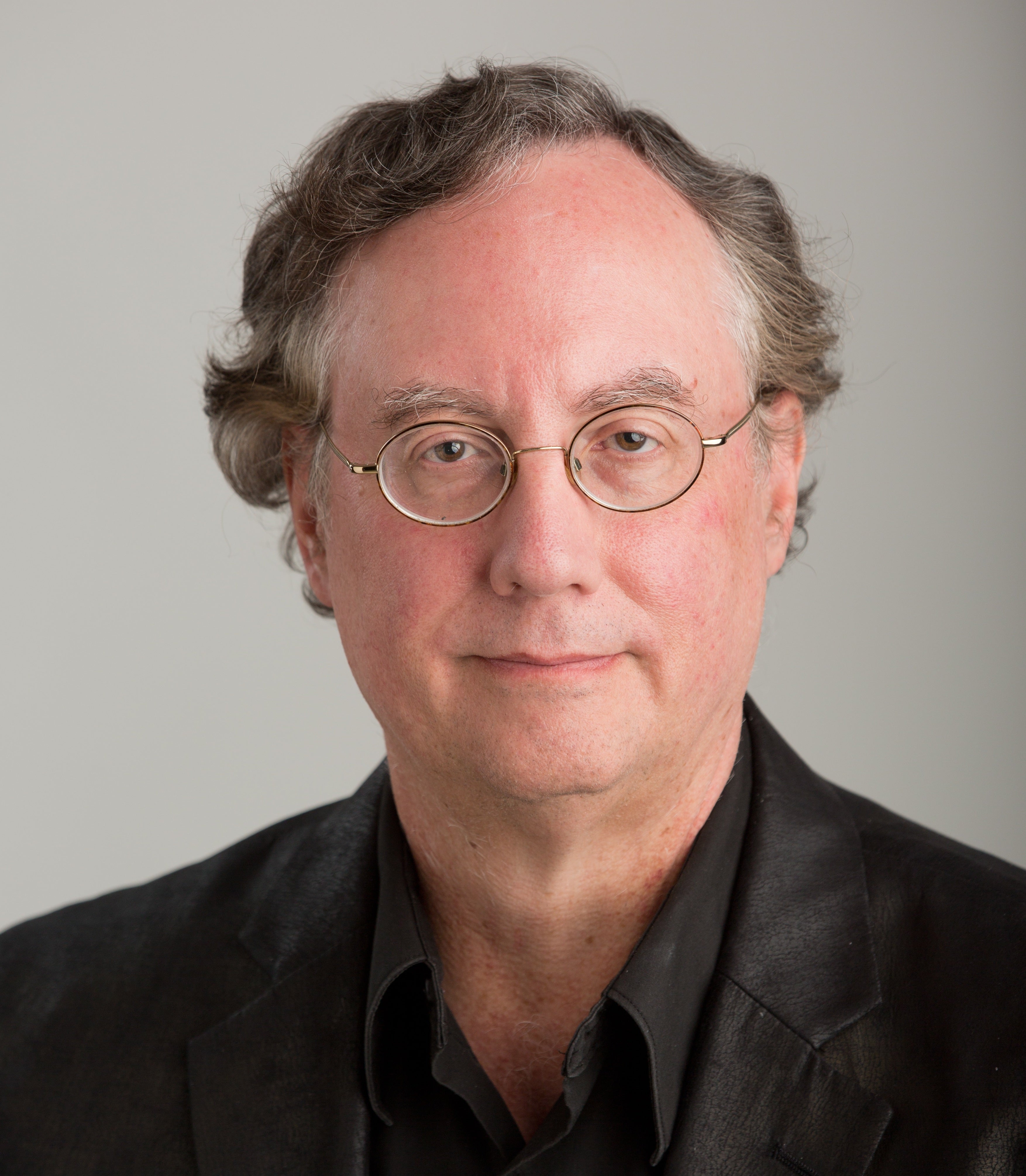
Juan Cole is the Richard P. Mitchell Collegiate Professor of History at U-M, Director of the Center for Middle Eastern and North African Studies, and author of The New Arabs: How the Millennial Generation is Changing the Middle East (Simon & Schuster 2014). He is an alumnus of Northwestern University, the American University in Cairo, and the University of California Los Angeles. He has been a regular guest on PBS’s Lehrer News Hour, and has also appeared on ABC World News Tonight, Nightline, the Today Show, Charlie Rose, Anderson Cooper 360, Rachel Maddow, Chris Hayes All Inn, the Colbert Report, Democracy Now! and many others.
Presentation title: “The End of Oil, US Security, & the Future of the Middle East”
Amy Goodman

Press kit photo by Michael Keel
Amy Goodman is the host and executive producer of Democracy Now!, a national, daily, independent, award-winning news program airing on over 1,300 public television and radio stations worldwide. Time magazine named Democracy Now! its “Pick of the Podcasts,” along with NBC’s Meet the Press. She has written numerous books, including: The Silenced Majority: Stories of Uprisings, Occupations, Resistance, and Hope; Breaking the Sound Barrier; Standing Up to the Madness: Ordinary Heroes in Extraordinary Times; Static: Government Liars, Media Cheerleaders, and the People Who Fight Back; and The Exception to the Rulers: Exposing Oily Politicians, War Profiteers, and the Media That Love Them.
For more, please see democracynow.org
Presentation title: TBA
Tom Hayden
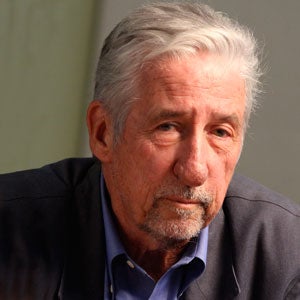
Author of the famed Port Huron Statement, Tom Hayden was a leader in the student, antiwar, and civil rights protests in the 1960s. He took up the environmental cause in the 1970s, leading campaigns to shut down nuclear power plants and serving as California’s first solar energy official. He was elected to the California legislature in 1982, serving for eighteen years. He continues to write as an editor for The Nation, and has taught at many campuses from Harvard’s Institute of Politics to UCLA’s labor studies center. He is the director of the Peace and Justice Resource Center in California.
Presentation title: “Ending the wars over fossil fuels”
Michele Martinez
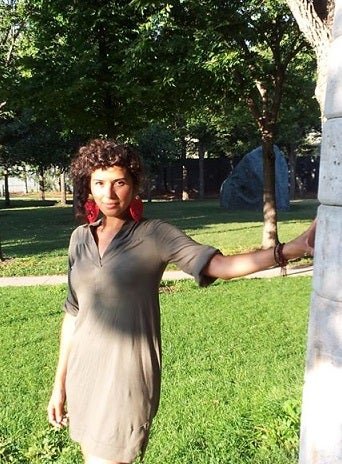
Michelle Martinez is a Detroit-based environmental justice activist, speaker, writer and mother. Since 2000, she has worked on a variety of intersecting issues including immigration and voting rights, environmental justice and women’s rights. She is a passionate advocate for participatory democracy, collective resource management, and popular education. Using dialogue, art and critical analysis Michelle has worked to create spaces for alternative visions and direct action within and in support of communities to dismantle structural inequity. In 2010, she helped anchor the US Social Forum in which 20,000 participants converged to imagine a new possibilities locally and globally. Michelle has seeded community gardens, untangled climate mitigation strategies, and weaved beyond the challenges of historical and de facto segregation. She currently volunteers with the Michigan Environmental Justice Coalition, which hosted the first ever state-wide EJ Summit in 2014. She received her Master’s in Environmental Policy with a focus on EJ in 2008, and BS in English Literature and Anthropology in 2003, both from the University of Michigan. She loves cooking for others and gardening in her Southwest Detroit home where she lives with her partner, daughter and her dog.
Presentation title: “It’s no longer called climate change: Doing the work through Adversity and Uncertainty”
Bill McKibben
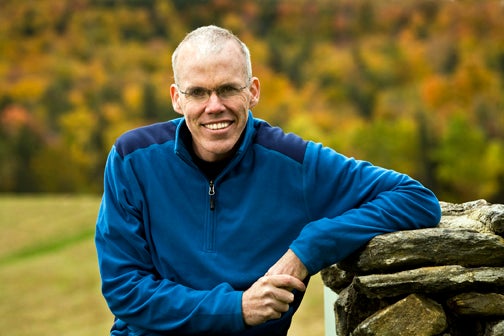
Press kit photo by Nancie Battaglia
Bill McKibben is an author, environmentalist, and activist. In 1988 he wrote The End of Nature, the first book for a common audience about global warming. He is a co-founder and Senior Advisor at 350.org, an international climate campaign that works in 188 countries around the world.
For more, please see 350.org
Presentation title: TBA
Stephanie Mills

A longtime bioregionalist, Stephanie Mills has been speaking, editing, writing, and organizing for ecology and social change since 1969. She has produced seven books, including Epicurean Simplicity and On Gandhi’s Path as well as scores of essays, articles, and book reviews for publications ranging from The Whole Earth Catalog to Resurgence and Orion. Mills helped launch Bay Bucks, a local currency in northwest Lower Michigan, where she has lived since 1984. Featured in the PBS documentary Earth Days, Stephanie Mills holds an honorary doctorate from her alma mater and is a Fellow of the Post Carbon Institute.
Presentation title: “Humility, Natural History, and Hope: Making Peace with Earth, Place by Place”
Knute Nadelhoffer
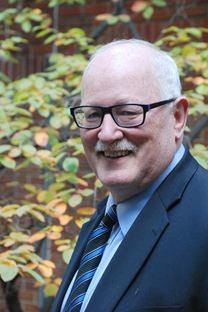
Knute J. Nadelhoffer is a professor in the Dept. of Ecology & Evolutionary Biology at the University of Michigan and serves as Director of the University of Michigan Biological Station (UMBS). His research focuses on carbon and nutrient cycling in forests and arctic tundra. He collaborates with research teams to elucidate relationships among terrestrial ecosystems, water quality, and the climate system. He has published over 125 peer-reviewed journal articles and book chapters describing ecological processes at local through global scales. As Director of UMBS, he leads and collaborates in research and training programs focused on human-environment interactions and climate change impacts in the Great Lakes region.
Dr. Nadelhoffer has undergraduate degrees from Carroll College (Wisconsin) and the University of Wisconsin-Madison. He received his PhD at the University of Wisconsin-Madison in 1983. He was a researcher at the MBL Ecosystems Center in Woods Hole, Massachusetts (1983 – 2002) and a Fulbright Research Fellow at the Norwegian Institute of Water Research (1996-97). He served as Director of the NSF Ecosystem Studies Program (2002-2003), as President of the Association of Ecosystem Research Centers in 2005-2006 and as an Expert Reviewer for the 4th Assessment Report of the Intergovernmental Panel on Climate Change (IPCC Climate Change 2007: Working Group II Report “Impacts, Adaptation and Vulnerability”). Presently, he serves on the Board of the Environmental Law and Policy Center.
Presentation title: “Planning for Climate Change: Evidence-based Decision Making in a Belief-based World”
Ivette Perfecto
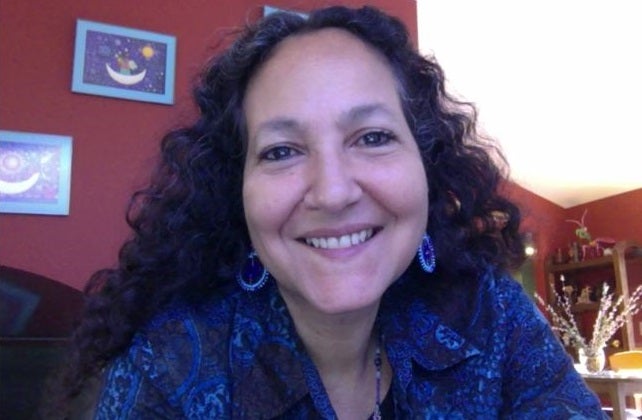
Ivette Perfecto is a Professor in the School of Natural Resources and Environment. She has more than 25 years of experience working on issues related to agriculture, agroecology, biodiversity and food sovereignty. She is one of the leading faculty of the Sustainable Food Systems Initiative at the University of Michigan. In 2009 she co-authored a review paper on the effect of industrial agriculture on climate change that was used by the world-wide peasant organization La Via Campesina at the Alternative Forum of the UN Climate Talk in Copenhagen to argue that small scale farmers can feed the world and cool the planet. She is a member of Science for the People.
Presentation title: “Industrial Agriculture versus Small-Scale Agroecology: Which is Better for the Planet?”
Natalie Sampson
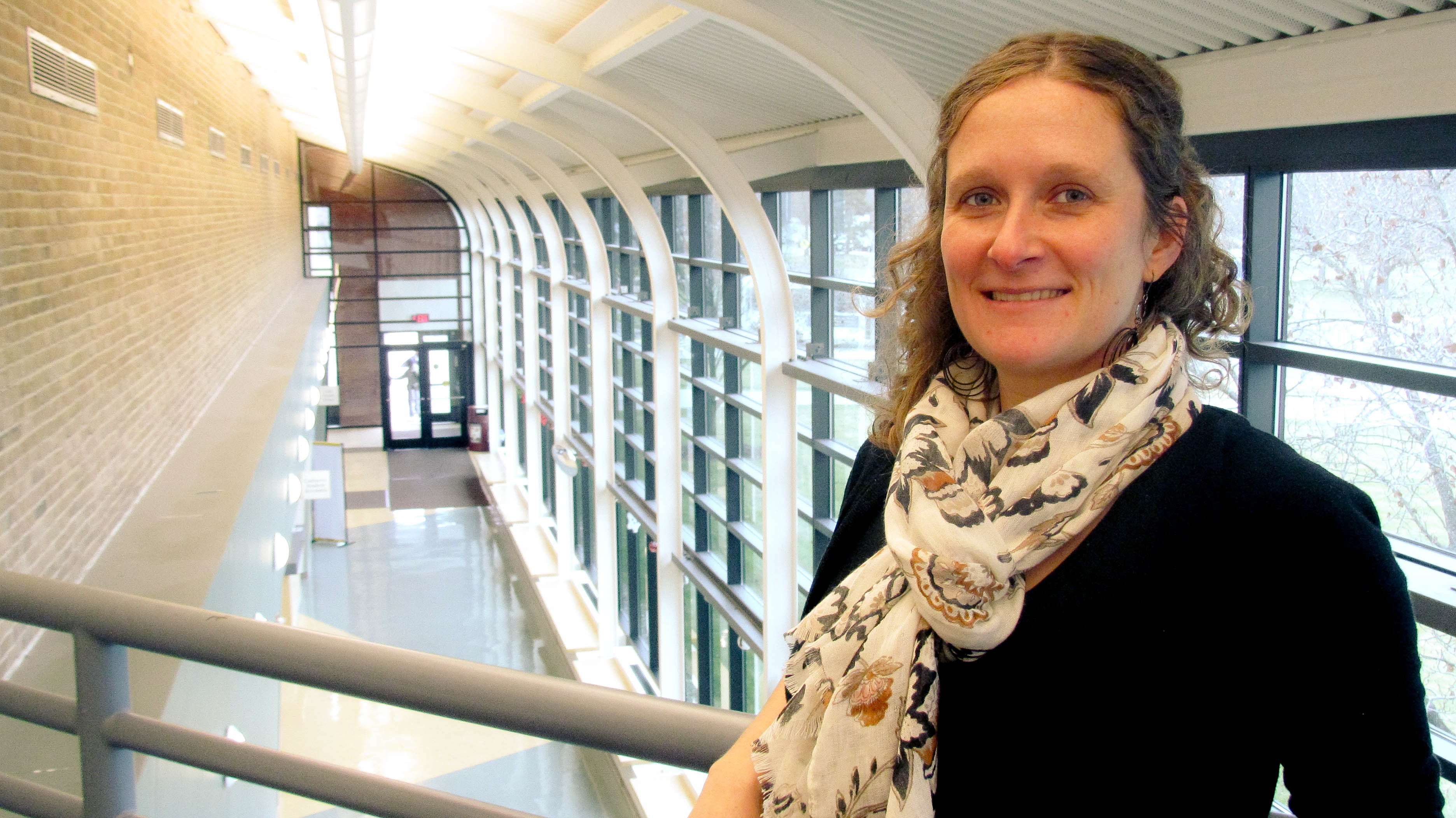
Natalie Sampson, Ph.D., M.P.H. conducts community-based research to study social and physical environments and their effects on human health. To address health inequities, she brings interdisciplinary evidence to land use, transportation, water infrastructure, and climate change planning efforts in Detroit and Southeast Michigan. Her research is published in various peer-reviewed journals, including the American Journal of Public Health, Environmental Justice, Global Environmental Change, and Michigan Journal of Sustainability. She is a steering committee member of the Detroit Climate Action Collaborative and a member of the statewide Michigan Environmental Justice Coalition. As a Reach the Decision Makers Fellow, Sampson is also working with community and academic partners to promote evidence-based policy at the U.S. EPA related to environmental reproductive health issues. Sampson is an Assistant Professor at University of Michigan-Dearborn and teaches courses in the Department of Health and Human Services’ public health and community health education programs.
Presentation title: “Every Sector is a Public Health Sector: Planning to Prevent Climate-Related Health Disparities in Detroit”
Sandra Steingraber
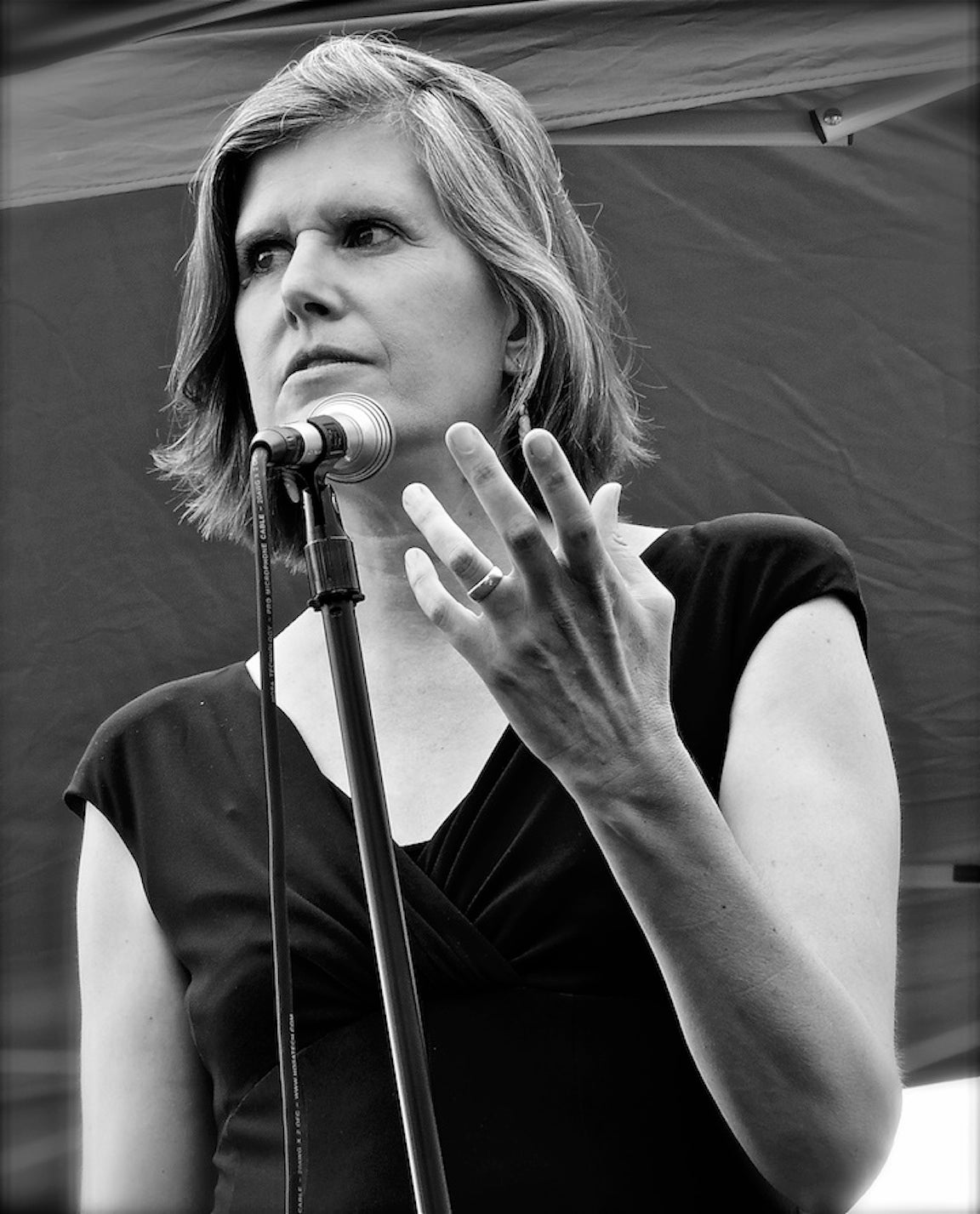
Press kit photo by Wendy Lynne Lee, Ph.D.
Biologist, author, and cancer survivor, Sandra Steingraber, Ph.D. writes about climate change, ecology, and public health. Steingraber’s book, Living Downstream: An Ecologist’s Personal Investigation of Cancer and the Environment—the first to bring together data on toxic releases with data from U.S. cancer registries—was adapted for the screen in 2010, and, as both book and documentary film, won acclaim from international media. Called “a poet with a knife” by Sojourner magazine, Steingraber has received many honors for her work as a science writer, including a Heinz Award. By donating the cash prize to the anti-fracking movement, she became, in 2012, the co-founder of New Yorkers Against Fracking, a statewide coalition of more than 280 grassroots organizations, and Concerned Health Professionals of New York. A scholar in residence at Ithaca College, Steingraber is currently writing about, and embedded in, a civil disobedience movement called We Are Seneca Lake and serves as science advisor for Americans Against Fracking.
Presentation title: “Life During Wartime and the Dream of an Unfractured Future”
John Vandermeer
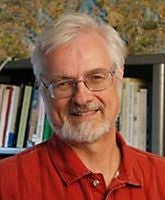
John Vandermeer is a professor in the department of Ecology and Evolutionary Biology at the University of Michigan. He was active in the anti-Vietnam war movement as a student and faculty member and was a founding member of the Ann Arbor chapter of Science for the People (1972). He participated in the anti-war activities associated with the US wars on Central America throughout the 1980s and lived in Nicaragua for two years during Reagan’s war on that country, in solidarity with the revolutionary Sandinista government of that time. He was a founding member of the New World Agriculture and Ecology Group (NWAEG), a political organization promoting the transformation of the industrial food and agriculture system. He works in support of the global movement La Via Campesina dedicated to promoting the idea of Food Sovereignty, and dismantling the capitalist world agriculture system.
Presentation title: “Climate change denialism: political origins of a pro-Industry strategy”
Arthur Waskow
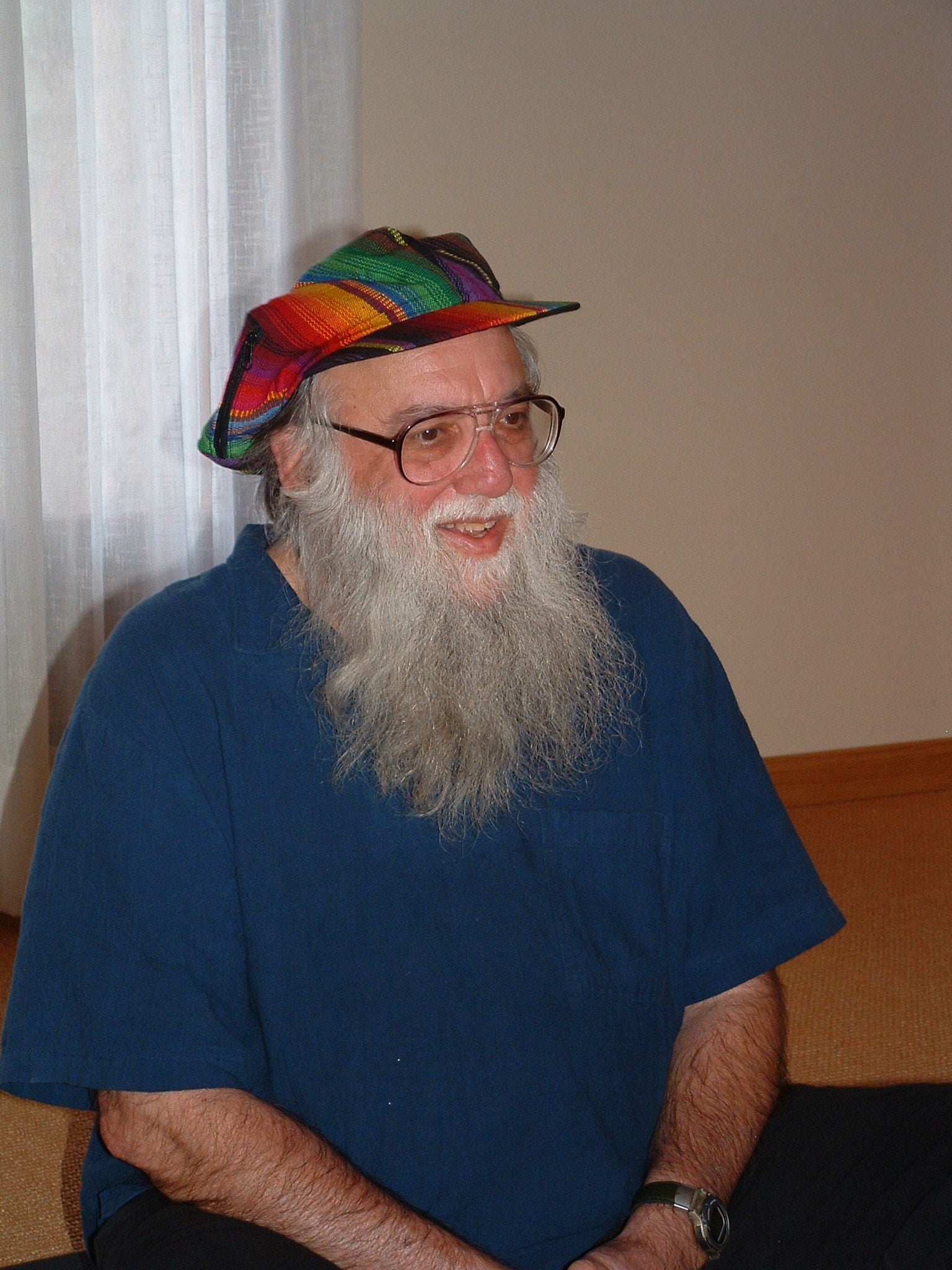
Rabbi Arthur Waskow, Ph. D., founded (1983) and directs The Shalom Center.
In 2014 he was honored by T’ruah: The Rabbinic Call for Human Rights with their first Lifetime Achievement Award as a “Human Rights Hero.”
Waskow was a leader in the anti-Vietnam War movement as a Fellow of the Institute for Policy Studies, a speaker at the original Teach-in in Ann Arbor, co-author of the Call to Resist Illegitimate Authority, an antiwar delegate from DC to the Democratic National Convention of 1968 in Chicago, and a member of the steering committee of the New Mobe.
Beginning in 1969 with writing the original Freedom Seder, he has been a leader of the movement for Jewish political and spiritual renewal.
He pioneered in earliest organizing for a two-state peace between Israel & Palestine; in calling for full equality of women and GLBTQ people in Jewish & American life; in organizing Jewish opposition to Islamophobia; and especially in developing theology, liturgy, daily practice, and activism for Eco-Judaism.
Presentation title: “Facing the Carbon Pharaohs: The Role of Spiritual Communities in Organizing to Heal our Climate Crisis”
Harvey Wasserman

Inspired by the Vietnam teach-ins, I graduated the U-M (’67) majoring in history and my first true love, the Michigan Daily. An MA from the U. of Chicago followed with teaching history at the just-born Hampshire College. Amidst the marches at the Pentagon, Chicago Democratic Convention, J. Edgar Hoover’s COINTELPRO infiltrated and split our beloved Liberation News Service. We responded by founding our communal organic Montague Farm in western Massachusetts, where Harvey Wasserman’s History of the United States was written in the garage and introduced by Howard Zinn. In 1973 we confronted (and defeated!) a nuclear plant proposed nearby, inaugurating a lifetime “No Nukes” campaign to rid the planet of this radioactive curse. I vaguely remember speaking (for Greenpeace) at Woodstock2 in 1994, and before that helping organize the legendary 1979 “No Nukes” concerts and rally in NYC. In 2005 I wrote Solartopia! envisioning a green-powered Earth, which Pete Seeger and David Bernz turned into a Grammy-winning song. My Green Power & Wellness radio show is at www.prn.fm and I edit www.nukefree.org. In central Ohio, where my wife Susan and I have raised five daughters, I teach history and cultural diversity at two colleges, and observed the theft of the 2004 presidential election, about which Bob Fitrakis and I continue to write.
Presentation title: “The Joy of Eco-Activism”

